The “punk” genres of alternate history can claim both aesthetic and political stances. The “steam-“, “diesel-” and “atomic-” may suggest an historical look and feel; the suffix “punk” references that aesthetic’s historical stance toward power, that is, its political intentions.
All art movements are rooted in the culture and context of their time. When artists forget this, they become privileged, precious, ahistorical, appropriative and/or culturally adrift.
That is why, as a historian, I am not interested in or persuaded by an aesthetic which disavows the political. On the contrary, I would argue that any public-facing art — especially an art situated within the long twentieth century — is either inherently (if implicitly) political, or willfully blind or hypocritical.
I’m also a veteran of the late-1970s punk revolution. To me, “to punk” means to occupy the subaltern, to push back against the dominant, to hack the norms and counter-jam aesthetic presumptions, and — most importantly — to question or subvert the cultural politics and entitlements from which those presumptions emerge.
To “punk” an aesthetic therefore means to read the prefix “steam” or “diesel” or “atomic” against the grain, against the norm; to critique and/or subvert the dominant culture of those periods. This is what the original punk-rock did and what the original cyberpunk did: they turned the dominating aesthetic of 1970s glam-rock and 1950s utopian science fiction on its head.
Self-examination
Unfortunately, punk’ed genres do not manifest — at least among the majority of consumers — a strong capacity for self-examination.
A few steampunk theorists have usefully critiqued steampunk’s tendency toward exoticism and Orientalism; see for example author and editor Jaymee Goh’s 2017 PhD dissertation.
Similarly, dieselpunk’s creative outputs tend toward a fascination with fascist and conspiratorial aesthetics: colonial wars, crypto-zoology, mechs, tanks, trenches, and so forth. This fetish for the authoritarian strikes me as curious, and definitely contrary to punk politics.
Steampunk cosplay, as least on a surface level, replicates the biases and privilege of the Victorian era. The appeal, and the pitfalls, of steampunk run the gamut from charming, exotic and inventive — to appropriative, Orientalist, posturing, precious and racist. The appeal and pitfalls of dieselpunk can run from constructive, courageous, patriotic, proletarian — to brutalist, historicist and proto-fascist.
Subversion
I find art which reinforces dominant cultural or historical tropes less interesting than art which contests them. So what should a re-punked dieselpunk politics look like?
If “diesel” as an aesthetic is industrial, assembly-line, mechanistic, future-utopianist, proto-fascist, then perhaps “diesel-punk” can be read as oppositional, subversive, subaltern, proletariat, against the grain, resisting authoritarianism.
Charlie Chaplin’s Modern Times (1936), in its humor, irony, physical comedy and critique of industrialization — its oppositional stance — may be seen as a dieselpunk film.
More recent manifestations of dieselpunk aesthetics can employ remarkably imaginative and evocative alternate-history “what if” scenarios, as in the art of Jakub Rozalski, the Mitteleuropaische aesthetic of Iron Harvest and the like.
But what might be less monolithic, less militaristic versions of period-appropriate (circa 1914-45) dieselpunk politics? If brutalism, fascism, industrial consolidation and militarism were the dominant (and repressive) tendencies of the era, would not a classically “punk” oppositional stance seek to subvert them? A more self-critical dieselpunk political theory would thus be anti-brutalist, anti-fascist, anti-industrialist and anti-militarist; it would center participatory (trade-union, decentralized and anarcho-syndicalist) democracy, collective ownership, pride in work, organicity and sustainability, and radical peace-making.
Historical examples
Examples could include the Industrial Workers of the World (IWW), the “One Big Union” founded in 1905 in opposition to the tiered and hierarchical organizations of big business and the American Federation of Labor. The IWW was immensely influential and militant, especially in free-speech and fair work conflicts, between 1905 and 1919, when the Woodrow Wilson Administration’s World War I-justified repression of protest led to the Red Summer and the Palmer Raids. The Wobblies were later employed as a straw target (that era’s antifa, if you will) justifying the erosion of civil liberties: see the false claim by the perpetrators of the 1921 Tulsa Race Massacre that it had been precipitated by IWW “agitators.”
Other examples include the Bonus Army, the World War I veterans who in 1932 came to and camped on the Washington Mall, demanding a payout of subsidies they had been promised for their service. Their encampment was broken up by federal troops under the orders of General Douglas MacArthur, using cavalry commanded by George S. Patton.
Additionally, we might consider the folkloric aspects of the Popular Front: the international and especially cultural-production face of the Soviet Union’s worldwide support for communist and socialist movements, which was betrayed by Stalinist opportunism in the late 1930s and early 40s.
Antifascist internationalism was the core ethos of the Republican side in the Spanish Civil War (1936-39), which attracted allies and combatants from workers’ movements around the world — and pitted colonial troops fighting against them on the Nationalist side.
1930s-40s examples from the United States include the Civilian Conservation Corps, the Federal Theater Project, the Work Progress Administration and the rest of the alphabet soup of Franklin Roosevelt’s New Deal, which jump-started a revival of American modernist art forms. Lend-Lease united free peoples in the manufacturing of arms to fight fascism. The vast expansion in broadcasting and recording of vernacular musics of all kinds transformed patterns of international musical exchange. Appalachian music, country blues and all manner of immigrant musics were transmitted via new media, provided new touchstones for minority and proletarian cultural identities, including bebop and country music.
Period texts which speak to this more sophisticated, re-punked dieselpunk oppositional aesthetic include the 1940s sections, about dance, burglary and Pullman cars, in Malcolm X’s Autobiography; George Orwell’s bleak analysis of Spain in 1938’s Homage to Catalonia; the James Agee/Walker Percy 1941 photo-essay Let Us Now Praise Famous Men; Zora Neale Hurston’s 1937 novel Their Eyes Were Watching God and her 1920s and 1930s ethnographic work; John Steinbeck’s 1939 The Grapes of Wrath and 1945 Cannery Row; Woody Guthrie’s 1930s-40s labor and anti-fascist organizing (including the iconic “This Machine Kills Fascists” sticker on his guitar); and the 1940s folk songs adapted to activist causes by Huddie Lead Belly Ledbetter.
All of the above provide models which are historically accurate, richly evocative of individual and social experience, artistically resonant, and — in my reading — resolutely anti-authoritarian and “punk.”
“Dieselpunk,” in fact.

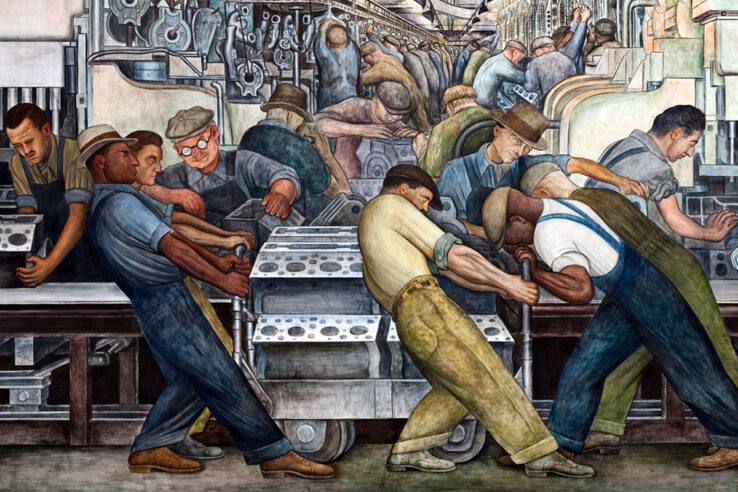
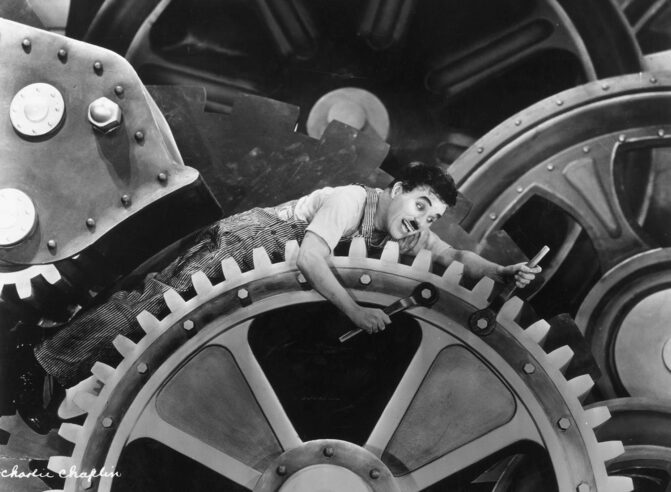
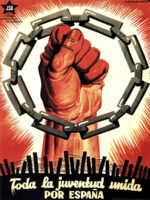
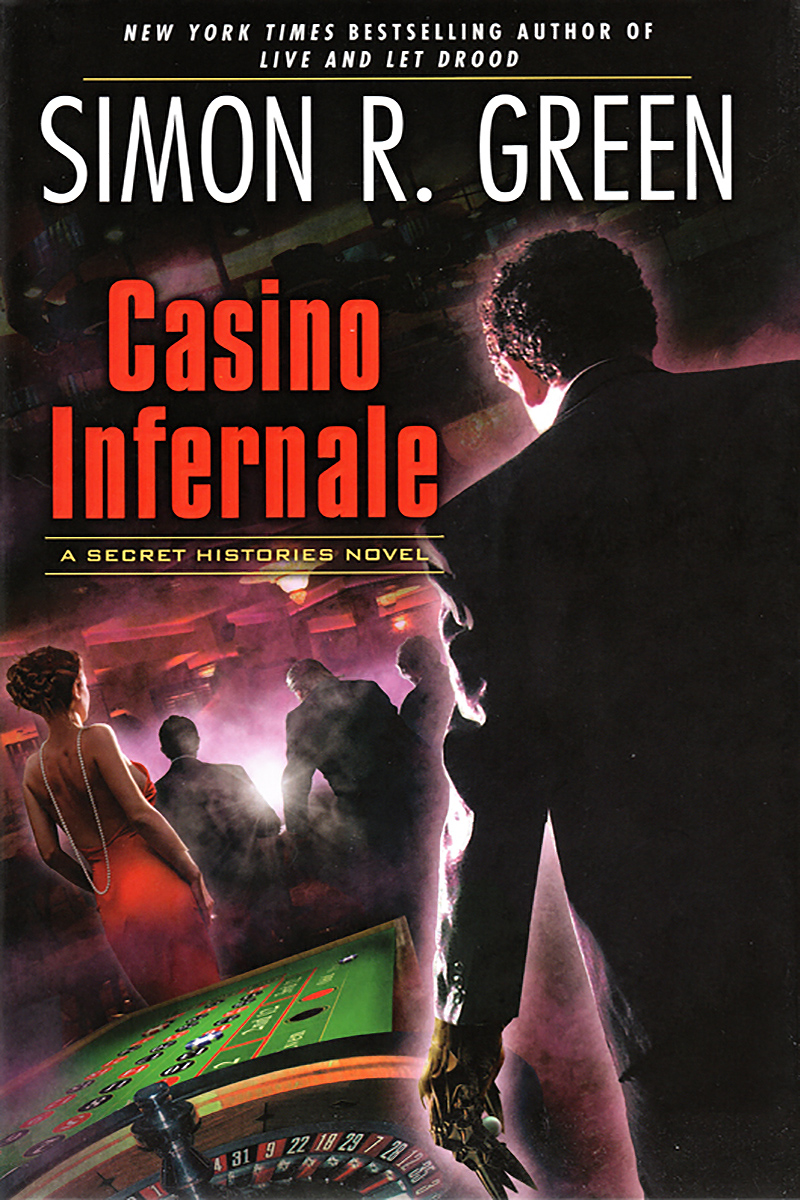

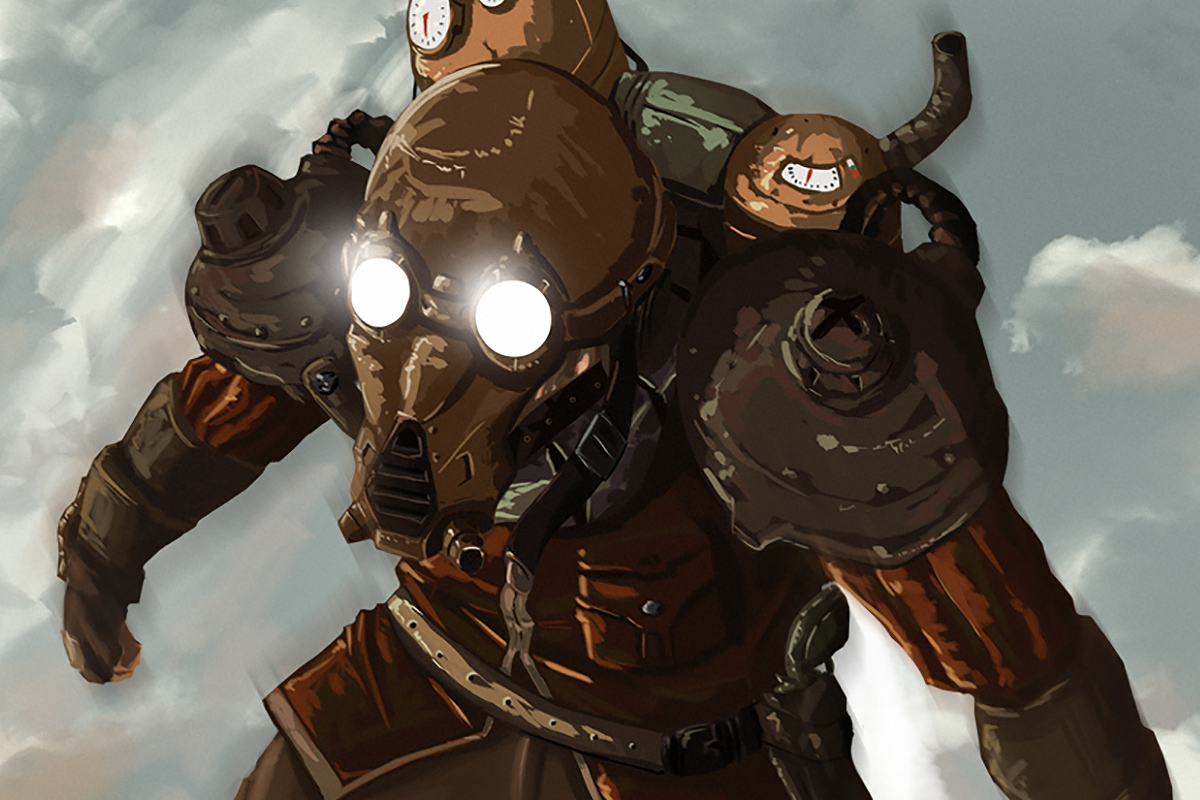
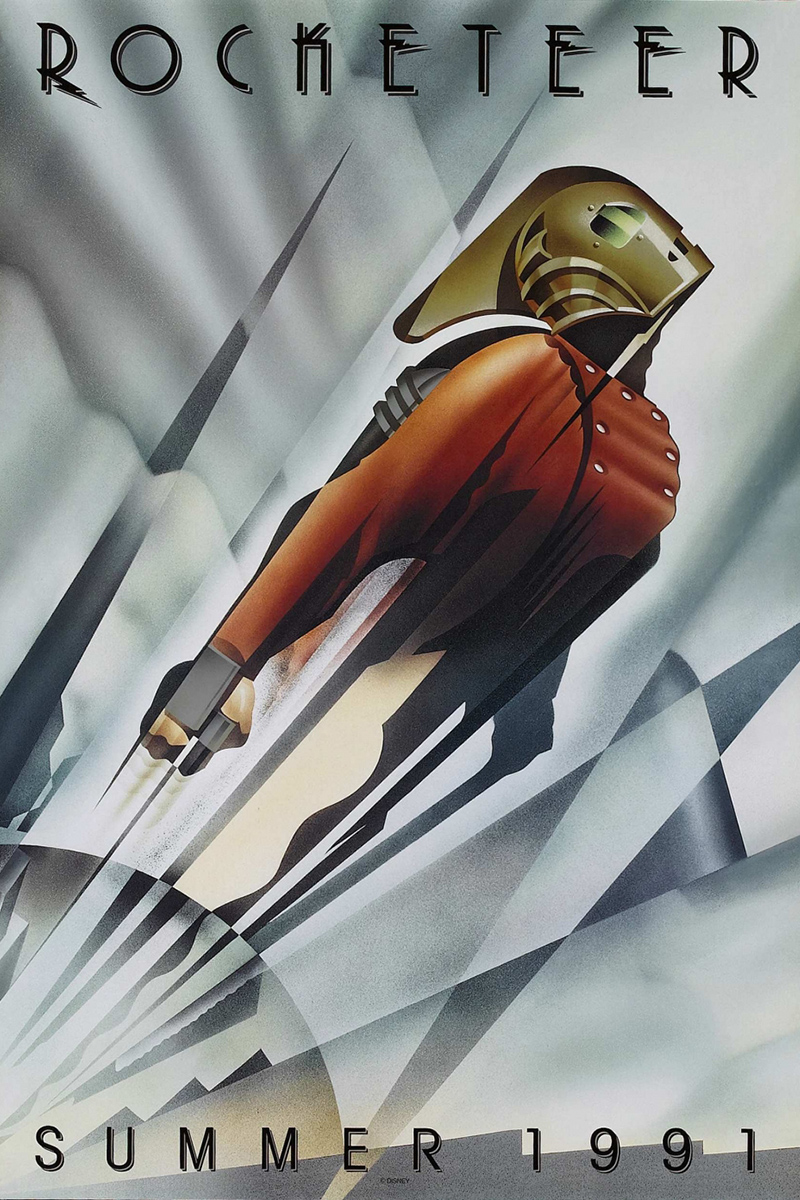
3 Comments
Add YoursDidn’t we already have this discussion with Steampunk? Where the wannna-be Red Guards came in and insisted that they “wanted to have a conversation” about “putting the punk back in steampunk” and then spent the better part of a decade trying to remake steampunk in some sort of campus-radical-chic image? I remember this happening. Just let me play Crimson Skies and watch Sky Captain, man.
I think there’s a fair argument to be made that dieselpunk was punkier from the beginning. Steampunk clearly wasn’t and people actively tried to turn it into a left-wing political movement. (I’ve written plenty on that.)
A few points here. Today, being “punk” would be rejecting the mainstream leftist views pushed in media. And as far as communism goes, every country that has has had a communist or socialist government has been authoritarian and repressive. Every. Single. One. So no, communism is not misunderstood or misapplied. Clearly the theory of communism, when applied to the real world is authoritarian. Punk would reject communism.